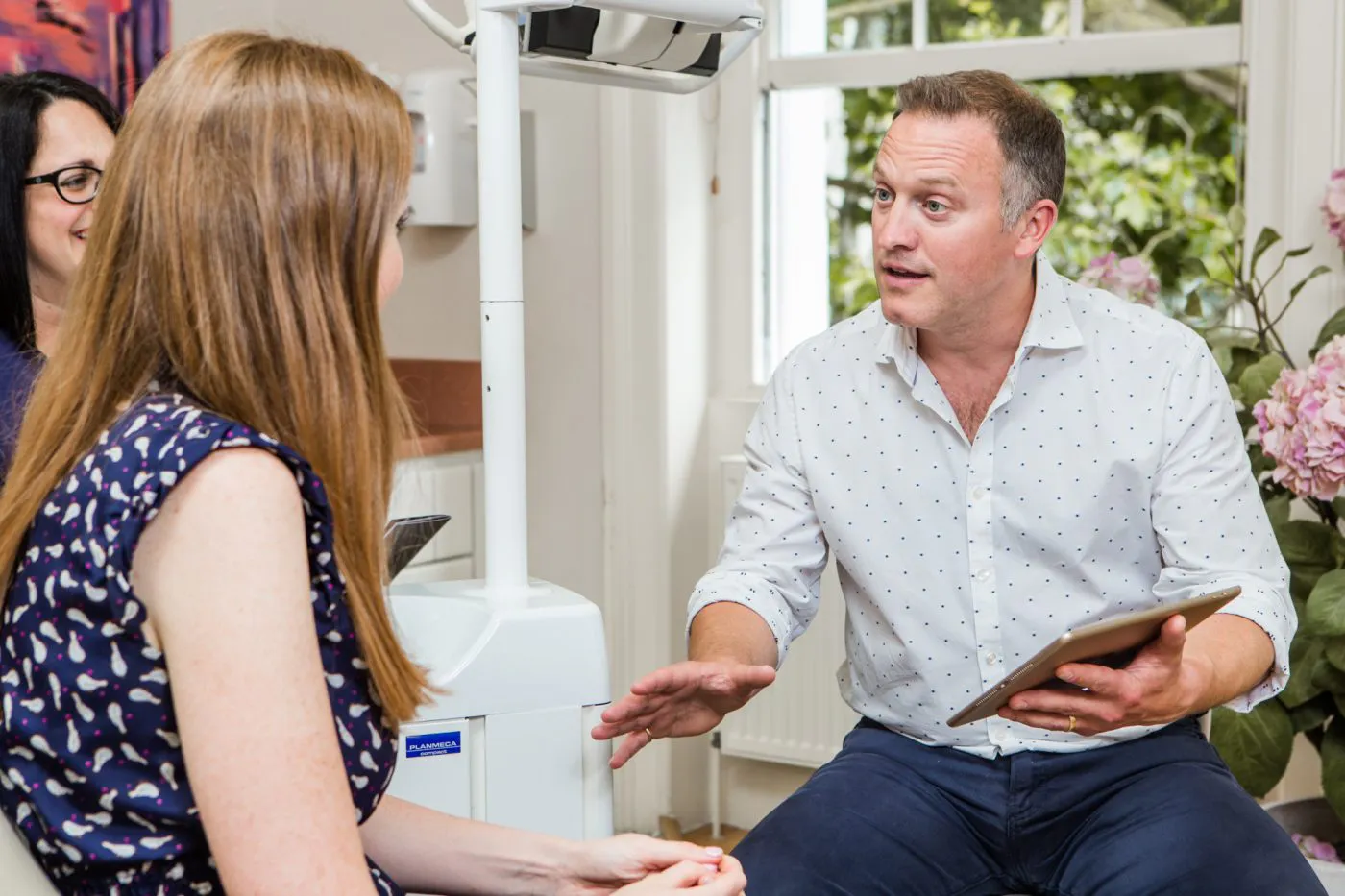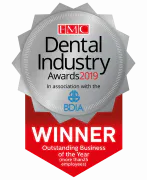Retainers are used after you have had your teeth straightened to ensure that they remain in their new straight position. It essential that retainers are worn as recommended by your St Martins Dental & Implant Clinic dentist in Hereford, in order to ensure you continue to enjoy your new, straighter smile.
There are 2 main types of retainer available:
A bonded retainer is fixed/bonded to your teeth and is not removable. It is fixed to the inside of your teeth so it is completely discrete. As bonded retainers are a permanent fixture, your teeth will stay in their new positions and will not be able to move back to where they were before. Bonded retainers do not require any special looking after, they are very easy to clean. You will simply need to brush your teeth as normal to make sure they stay clean.
Removable retainers can easily be taken out by the patient. The removable retainer functions in the same way as bonded retainers but they are not as discrete.
We recommend that you wear your retainer for 20-22 hours a day, and that you only take it out to eat, drink and brush your teeth.
Your local Hereford dentist will discuss your need for retainers, and advise how long you should wear these each day (for removable retainers). Should you have any other questions, please get in touch on 01432 265 613.
Finaghy Orthodontics
What is a retainer?
Retainers are fitted at the end of orthodontic treatment after the braces are removed. Retainers are designed to minimise unwanted movement of teeth after orthodontic alignment ie. relapse. Retainers normally need to be worn indefinitely, as long as you want your teeth to remain straight. Retainers can be either removable or fixed onto the teeth and there are different types of retainers. The choice of retainer is affected by a number of different factors and your orthodontist will explain which retainer is best for you. Sometimes you will be recommended to wear more than one type of retainer to reduce the chances of relapse.
Orthodontics
Should teeth be straightened for health reasons?
The correction of poor dental positioning also improves oral hygiene, as crowded or crooked teeth are often hard to clean properly. With such an improvement, the risk of gum disease for example – which can result in loss of teeth in extreme cases – is prevented.

Next steps
If you're ready to book a consultation, get in touch today
Portman Dental Care Awards





